A picture to understand the "big brothers" behind Didi and Uber; Google Shop 155 App Trojans infected | Lei Feng Morning Post
A picture to understand the "big brothers" behind Didi and Uber
cnBeta

On August 1st, Didi traveled to announce a strategic agreement with Uber Global. Didi Travel will purchase Uber China’s brand, business, and data assets in mainland China. After the two parties reached a strategic agreement, Didi Travel and Uber Global will hold each other’s shares and become minority shareholders of the other party. Uber Global will hold a 5.89% stake in Didi, which is equivalent to 17.7% of economic equity. Uber China's remaining Chinese shareholders will receive a total of 2.3% of economic equity. Didi therefore became the only company that has invested in Tencent, Alibaba, and Baidu.
There are at least 19 financiers that have been confirmed or rumored by Dic Tiao, including Gao Qiao Capital, China Life Insurance and Beijing Automotive Group.
Uber has confirmed or rumored that there are at least 30 financiers. Apart from the illustrations, it also includes: China Broadband Industry Fund, Saudi Arabian Sovereign Wealth Fund, Liu Qiangdong Family Fund, Tiger Fund, Goldman Sachs, Microsoft, Vanke, etc.
Tesla plans to launch "micro bus" next year
Keke
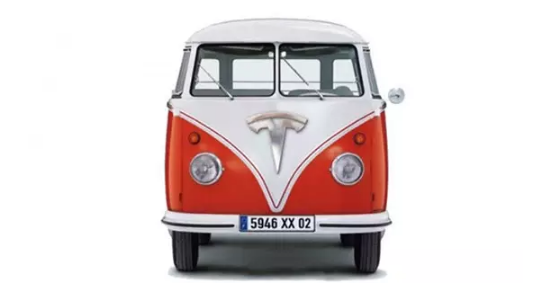
According to foreign media reports, Tesla CEO Elon Musk said that the company plans to launch a "high passenger density urban traffic" vehicle. It is reported that this vehicle is built using the Model X chassis, and the shape is reference to the Volkswagen T1 to design, that is to say Tesla this time intends to launch a small-size "micro bus."
Musk pointed out that this minibus is currently under development and is expected to be released next year. At the same time, he also stated that micro-buses will not be sold to ordinary mass consumers in the future. They will form a fleet and use autonomous driving to provide services for passengers in the city. Only by using a smart phone will you be able to "call" a micro bus for yourself.
Although the ideal is sexy, the current reality is quite skinny. From the perspective of the previous Tesla auto-pilot event, it really takes a long time to really popularize this technology.
It's not enough to finish Yahoo, Verizon bought another listed company
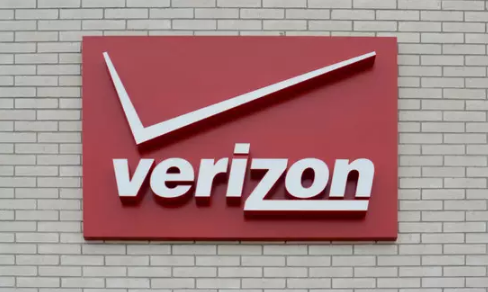
Last week, Verizon, the largest US mobile operator, acquired Yahoo’s core business (Internet business, e-mail service, and Yahoo brand) for US$4.83 billion in cash. After a few days, the company announced that it will acquire Feetmatics, a supplier of GPS vehicle tracking systems, for US$2.4 billion.
Verizon officials revealed that the company will acquire Fleetmatics at a cash price of $60 per share, which is a premium of about 40% over the latter's closing price on Friday. The transaction is expected to be completed in the fourth quarter of this year. After the transaction, Fleetmatics will become part of Verizon's subsidiary Verizon Telematics. Verizon Telematics is involved in areas including fleet management, mobile office solutions and the Internet of Things.
In fact, the reason why Verizon initiated external mergers and acquisitions in the near future is due to the lack of growth in the mobile phone business, and the company’s current goal is to find more devices and applications that can connect to its mobile network.
The Google Store 155 App Trojan Infects 2.8 Million Users
cnBeta
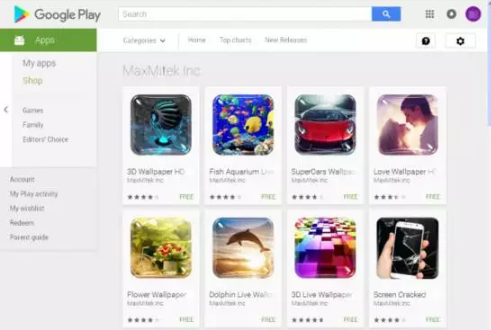
Dr.Web reports that 155 apps in the Google Apps store are infected with Trojans. Trojan programs collect detailed information about the user's device and then display advertisements in the operating system notification area of ​​the mobile phone or other device. Security companies claim that they have notified Google of this Trojan, but Google has not removed all infringing software or labeled infected apps to prevent customers from downloading.
The newly discovered Android Trojan named Android.Spy.305 was first discovered in April. Previously, security personnel discovered that the Trojan horse named Android.Spy.277 had infected app in 104 Google stores and was downloaded more than 3.2 million times. Android.Spy.305 has infected more than 2.8 million users.
Uber plans to invest $500 million to build its own global map for driverless cars
Dynamic Technology
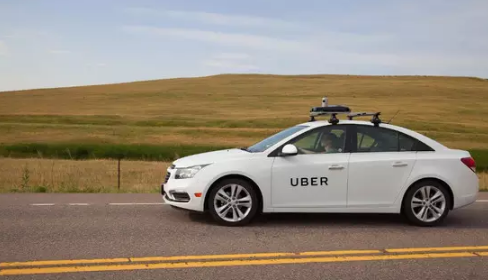
Just as DDT and Uber took a group in China, another news was like a bomb, which caused great concern in the technology industry. That is, Uber plans to invest $500 million to develop a map project. Obviously, the purpose of this move is simple: to get rid of dependence on the current industry leader Google Maps. Google itself is also advancing the unmanned car project.
Uber now has a high degree of reliance on Google Maps, but building your own map is undoubtedly an important way to provide a better experience. Uber has accelerated its layout in this area, and the company has used map finder cars to collect map data and images on the border areas of the United States and Mexico. At the same time, they said that they will begin to capture map data in other countries and regions. Accurate data collection can also help analyze the patterns of routes and people flow, and help future business.
Google parent company and GlaxoSmith build a joint venture to develop bioelectronics medicine
Phoenix Technology
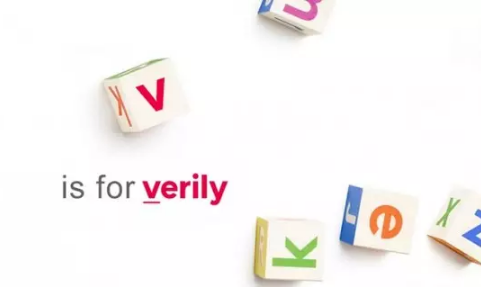
According to foreign media reports, according to foreign media, the UK's largest drug maker GlaxoSmithKline will establish a joint venture company with the parent company of Google’s parent company, Alphabet, to research and develop bioelectronic medicines.
With Advair, the best-selling asthma drug, facing generic drug threats in the United States, GlaxoSmithKline is looking for new sources of revenue growth. Bioelectronics medicine is an emerging field that aims to treat chronic diseases through micro-implantable devices that can modify the electrical signals that pass through the body's nerves. GlaxoSmith's researchers believe that diseases such as arthritis, diabetes, and asthma can all be treated with this device.
Tesla and SolarCity agree to merge, involving $2.6 billion
Tesla confirmed the acquisition of SolarCity for US$2.6 billion, merging the two companies belonging to Elon Musk into a company with a one-stop solar power generation, storage, and use program. SolarCity's main business is the sale of solar panels, and Tesla has a large home-use battery Powerwall. The merger of the two companies brings obvious synergies and helps Elon Musk complete the vision shared with us two weeks ago. After confirming the merger, SolarCity's first press release revealed that they would “integrate solar and storage solutions†and install 5 million rooftop solar products each year in the United States.